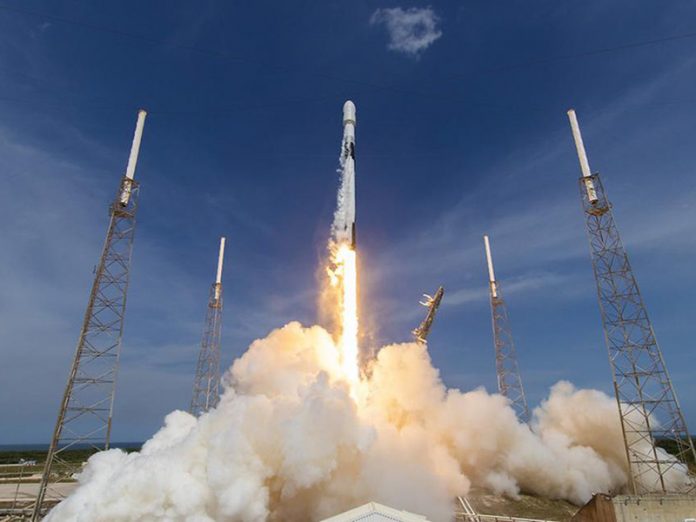Access to the internet and information continues to be one of the major problems in African countries. In many parts of the continent, coverage is absent, or its quality is so low that it represents a brake on development. However, in some countries such as Uganda, Internet access is fairly smooth, triggering many changes in the lifestyle of its citizens. One of them is how the online casino industry in southern African countries has grown quite rapidly in recent years. For example, 22.bet.ug saw a rapid increase in the number of subscribers. This betting site in Uganda is an example of how a lifestyle, online gambling, has affected some Africans.
The countries with the best access are those on the coast and have the best fiber optic connection. For those in the interior, the satellite connection is a more efficient option. In this regard, it is clear that improving access to the internet via satellite would be an important step.
However, the idea of Elon Musk and other companies to launch thousands of satellites to provide connectivity to remote areas of the world is not guaranteed to bring more good than bad. There is very little transparency and still too many open questions.
Astronomy and development
First, the negative impact for observational astronomy is obvious. That will affect the whole world, including Africa. Many African countries and international projects will be affected.
South Africa has invested heavily in the development of astronomy and its government has recognized astronomy as one of the priority scientific areas for the socio-economic development of the country.
The SKA-Africa radio telescope, which includes nine African countries, would also be affected; the new millimeter telescope in Namibia; or different astronomy projects in the optical range under development in Ethiopia, Morocco, Egypt, Kenya, Algeria, Senegal, etc.
Own space programs
Many African countries are already working on improving their satellite internet connection, through their own programs in space science and satellite technologies. Among them, South Africa, Egypt, Algeria, Morocco, Ethiopia, Kenya, Ghana, Botswana, Sudan, etc.
These countries see significant potential for economic benefit in these programs. How will they be able to compete in the future with projects like Elon Musk’s Starlink?
To ensure the benefits of satellite constellations, some questions should be answered first. What would the prices and conditions of the service be? What would be the impact of the monopoly in the short and long term? What would be the long-term use of the collected data? What use would each and every launched satellites have
Economic interest
Of course, to say that Elon Musk’s ‘Starlink’ project is a humanitarian project is hardly credible. In reality, it is a multinational project like many others, seeking a monopoly and an economic interest: nothing more and nothing less.
And if you really want to do something good for humanity and the people most in need, you should first do a feasibility study that includes all interested and affected parties, to properly measure the negative and positive impacts in the long term.
If you want to do something for Africa, you should first consult the African governments and the African Union, to see if this project is what Africa wants and needs. Or maybe you need something else, such as your own services.
Disclaimer: This article contains sponsored marketing content. It is intended for promotional purposes and should not be considered as an endorsement or recommendation by our website. Readers are encouraged to conduct their own research and exercise their own judgment before making any decisions based on the information provided in this article.




























